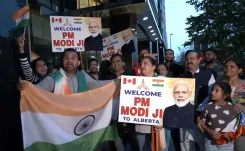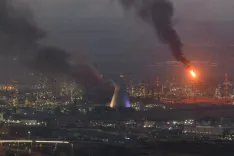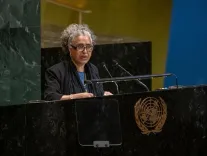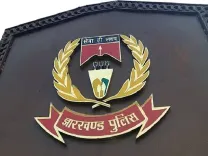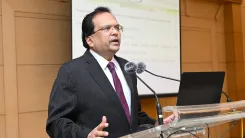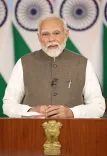Does G7 Support Israel's Right to Defend While Labeling Iran a Source of Instability?
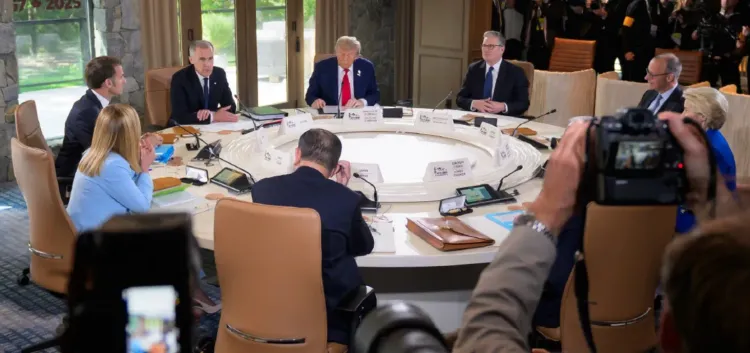
Synopsis
Key Takeaways
- G7 reaffirms support for Israel's right to self-defence.
- Iran identified as a source of regional instability.
- Call for de-escalation and civilian protection.
- Concerns over energy market stability amid tensions.
- Evacuation warnings issued for Tehran residents.
Toronto, June 17 (NationPress) The ongoing conflict between Israel and Iran has now reached its fifth consecutive day, characterized by intense missile and drone exchanges. On Tuesday, leaders of the Group of Seven (G7) nations reaffirmed their commitment to fostering peace and stability in the Middle East while firmly supporting Israel's right to self-defence.
In a joint statement released from their summit in Canada, the G7 leaders identified Iran as the "primary source" of regional instability and terrorism.
They emphasized that Iran must never be permitted to develop a nuclear weapon, while calling on all involved parties to seek de-escalation, which includes a ceasefire in Gaza.
"We, the G7 leaders, reiterate our dedication to peace and stability in the Middle East. In this context, we affirm Israel's right to defend itself. We also stress the importance of protecting civilians," the statement read.
"Iran is the primary source of regional instability and terror. Our position has always been clear: Iran must not have a nuclear weapon. We advocate that resolving the Iranian crisis should lead to a broader de-escalation of hostilities in the Middle East, including a ceasefire in Gaza," it continued.
The statement also highlighted the G7's preparedness to take action to maintain energy market stability amidst escalating tensions.
"We will remain watchful of the implications for international energy markets and are prepared to coordinate with like-minded partners to ensure market stability," it stated.
In the meantime, tensions heightened as Israel issued evacuation notices to residents in Tehran ahead of anticipated airstrikes.
Israeli officials urged civilians to leave the Iranian capital immediately, indicating a potential large-scale offensive.
In light of the escalating situation, United States President Donald Trump cut short his G7 summit visit by a day.
On his social media platform, Truth Social, Trump advised, "Everyone should evacuate Tehran," following Israel's announcement of an impending massive strike.
Trump reiterated that the current crisis could have been averted had Iran accepted a nuclear deal with the United States.
He stated that the negotiations had reached a stalemate, and the ongoing conflict threatens to worsen unless immediate measures are taken toward de-escalation.

